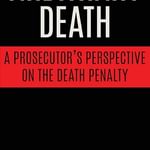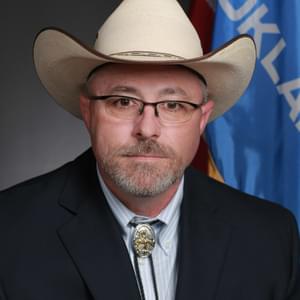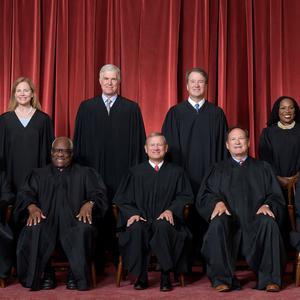
Rick Unklesbay served as a prosecutor in the Pima County Attorney’s Office in Arizona for nearly four decades, prosecuting more than 100 homicides, including sixteen in which death sentences were imposed. He put Don Miller on death row and, in November 2000, watched as Arizona put Miller to death. In Arbitrary Death: A Prosecutor’s Perspective on the Death Penalty, Unklesbay tells the story of nine of those death-penalty cases and how the arbitrary nature of the U.S. justice system has changed his mind about the death penalty. “Who lives and who dies,” he writes, “is a decision that becomes the arbitrary application of convoluted statutes and conflicting and inconsistent court decisions.” He has concluded that the system cannot fix these problems and that “the effort to eliminate arbitrariness in capital cases, while preserving fairness is … plainly doomed.” As a result, he has come to believe that “the randomness inherent in capital punishment should lead us to rid it from our statutes.”
Unklesbay’s book explores how a capital prosecutor in what had been one of the nation’s most aggressive death-penalty jurisdictions now finds life in prison a better sentencing option than the death penalty. In an interview with Arizona Public Media, he said, “seeing how these cases proceed, it strikes me that if people really knew what the system was about they would say: ‘We don’t need this. We have an alternative of natural life.’ ”
Each chapter in Arbitrary Death focuses on a capital case that Unklesbay tried during his time as a homicide prosecutor. It includes some cases that resulted in death sentences and others that he believed should have, but for various reasons did not. “Despite the effort, expense, and time that goes into prosecuting and defending these cases, the ultimate decision as to whether such a murderer lives or dies is … dependent upon the ‘vagaries of the criminal justice system’” — vagaries that caused him to question the purpose and fairness of the death penalty.
By the end of the book, Unklesbay has addressed some of the other problems associated with the death penalty, including its exorbitant costs, its long history of racial disparities, and the fact that our justice system is not perfect. He suggests, “The question one must answer then is, if our system allows for wrongful convictions, are we willing to continue to execute convicted murderers?” In his very last section, aptly titled “Final Words” he explains the procedures that go into an execution. The process that can sometimes take over thirty years ends the same way that it started, with death. However, he says that it is “anticlimactic” because “[t]he execution has not brought back the victim of course and, with few exceptions, has not brought anyone any satisfaction.”
Rob Warden, a co-founder of the Center on Wrongful Convictions at Northwestern University Pritzker School of Law and now co-director of Injustice Watch, calls Arbitrary Death a “compelling” book “that ought to be required reading by every prosecutor, every attorney general, every governor, and every legislator” in those states that still authorize capital punishment. In assessing his own work, Unklesbay writes, “I doubt that opponents of the death penalty will find any surprises here and will feel as though I’ve only scratched the surface of the problems associated with capital punishment. Some ardent supporters will no doubt feel I have betrayed them by writing that we should rid ourselves of a punishment we simply don’t need. Still others will think me a hypocrite for expressing these views while still prosecuting these cases. They are probably all correct.”
Rick Unklesbay, Arbitrary Death: A Prosecutor’s Perspective on the Death Penalty, Wheatmark, 2019; Pima County prosecutor’s new book describes capital punishment as arbitrary, Arizona Public Media, June 17, 2019; Rob Warden, A prosecutor’s epiphany on capital punishment, Injustice Watch, May 29, 2019.
Arbitrariness
Aug 06, 2024


